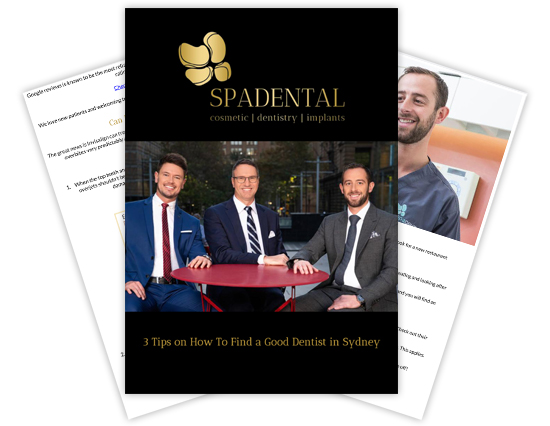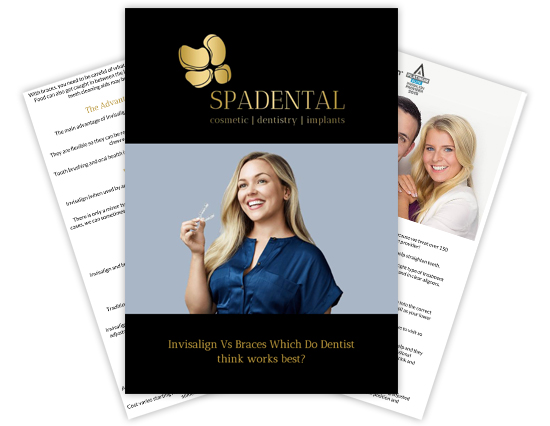7 reasons why flossing is essential for a healthy smile

7 reasons why flossing is essential for a healthy smile
Every time you visit the dentist for a check- up, there’s one question you’re almost certain to hear: “Have you been flossing regularly?” For a lot of patients, the answer isn’t always yes. Many people make a point of brushing their teeth twice a day, as the Australian Dental Association (ADA) recommends, but fewer people follow the recommendation to floss at least once a day.
What many non-flossers don’t realise is that this step plays a key role in dental health. Flossing is perhaps even more important than brushing because it removes bacteria that are the precursors of plaque, which if left to fester will turn into tartar that cannot be removed by regular brushing or flossing.
An increasing body of evidence suggests that proper dental care — including regular flossing — can do more than keep your smile healthy. A healthy mouth can also help prevent much more serious diseases, some of which can be life threatening including oral cancer. But if you’re still not convinced that you should add flossing to your daily routine, we have highlighted seven reasons to make the case that flossing is extremely important.
7 Reasons why you should floss daily:
1. Floss can go where a toothbrush can’t
Floss can get into the space between the teeth and gums, removing much of the food and plaque that a toothbrush or mouthwash can’t move. Tiny particles of food can get lodged here, and plaque in this area will harden over time to form tartar, a thick deposit that only the dentist can remove. Tartar build up can lead to gingivitis: red, swollen gums that are the first stage of gum disease. Floss is an interdental cleaner, which means it can pull out the gunk and plaque that you never knew existed from between your teeth.
2. Plaque acts quickly
Skipping a few days of flossing allows bacteria the perfect amount of time to solidify. Plaque starts to harden within hours of eating, and once 48 hours have passed, the cavity-causing substance will be firmly stuck to your teeth, best removed by a professional cleaning.
3. Your gums will stop bleeding
Don’t want to floss because it leaves the thread bloody? Although it may seem counterintuitive, flossing actually reduces the occurrence of bleeding gums. If you remove bacteria from the gum line, your body won’t send blood cells to the area to fight the infection. Happy gums and happy you!
With daily brushing and flossing, bleeding gums typically go away in a few weeks. If they don’t, you need to see your dentist as they can check if you’re flossing correctly and determine if you might have gum disease.
4. Less visits to the dentist
If you don’t take proper care of your teeth, you’re going to be visiting the dentist a lot more. As much as we like seeing you here at Spa Dental, we’d rather you avoid serious erosion and cavities because of not flossing.
5. A healthier body
Heart disease, stroke, diabetes, rheumatoid arthritis and even respiratory disease have all been linked to gum disease. By maintaining your gum health, you’ll help cut down your risk of these serious conditions – or improve your condition, if you’re already affected.
6. Stronger teeth
What’s worse than getting a cavity? Getting a cavity in between two teeth. Remove bacterial build up in those hard-to-reach areas, and you’ll save yourself the pain of going under the drill.
7. Minimises bad breath
An unhealthy mouth, full of decay and gum disease can create an awful stink. Good oral hygiene can put an end to bad breath and this includes daily flossing. See your dentist at least every six months for a teeth cleaning and exam if you do have concerns in this area.
Did you know: Pregnant women have an extra reason to floss: Gum disease is linked to premature and low-weight birth.
It’s all in the technique- See tip below from ADA on how to floss effectively
It’s one thing to make flossing a part of your dental health care routine, quite another to do it properly. Your dentist is the most qualified person to instruct you on flossing correctly and the team at Spa Dental are happy to help, but there are some basic tips you can follow:
Tip 1: Wind about 45cm of floss around your middle fingers and rest it across your thumbs and index fingers.
Tip 2: Always insert the floss gently using a gentle side-to-side motion to avoid traumatising the gums.
Tip 3: To clean the “neck” of the tooth, which is the point at which it meets the gums, curl the floss and insert it gently under the gum.
In short, flossing is important because it takes care of the plaque you can’t see or taste, and keeps your teeth healthier. Make a habit to do it after you brush, and practice flossing with your children to make it a lifelong habit.
Have more questions or ready to schedule your appointment at Spa Dental? Call 02 9809 2900
www.spadentalsydneycbd.com.au
Resource:
Australian Dental Association (ADA)
www.ada.org.au




